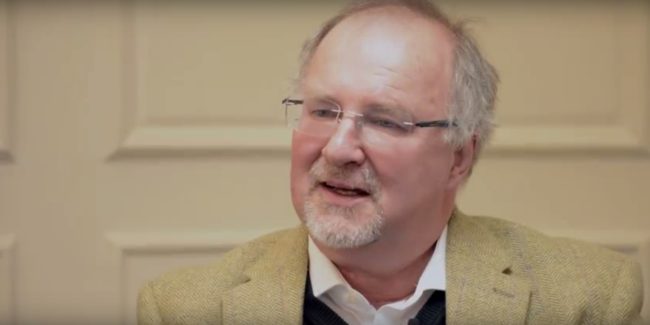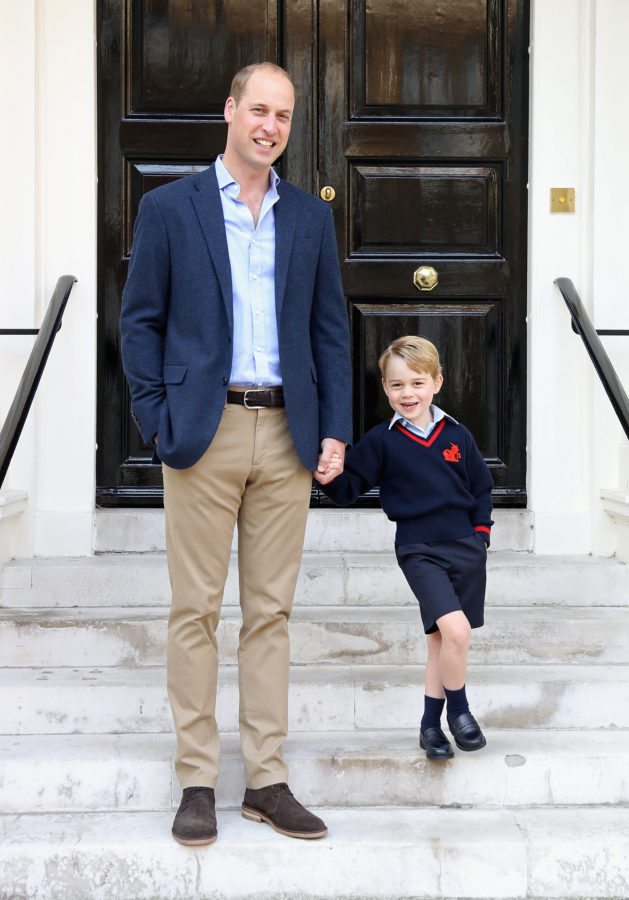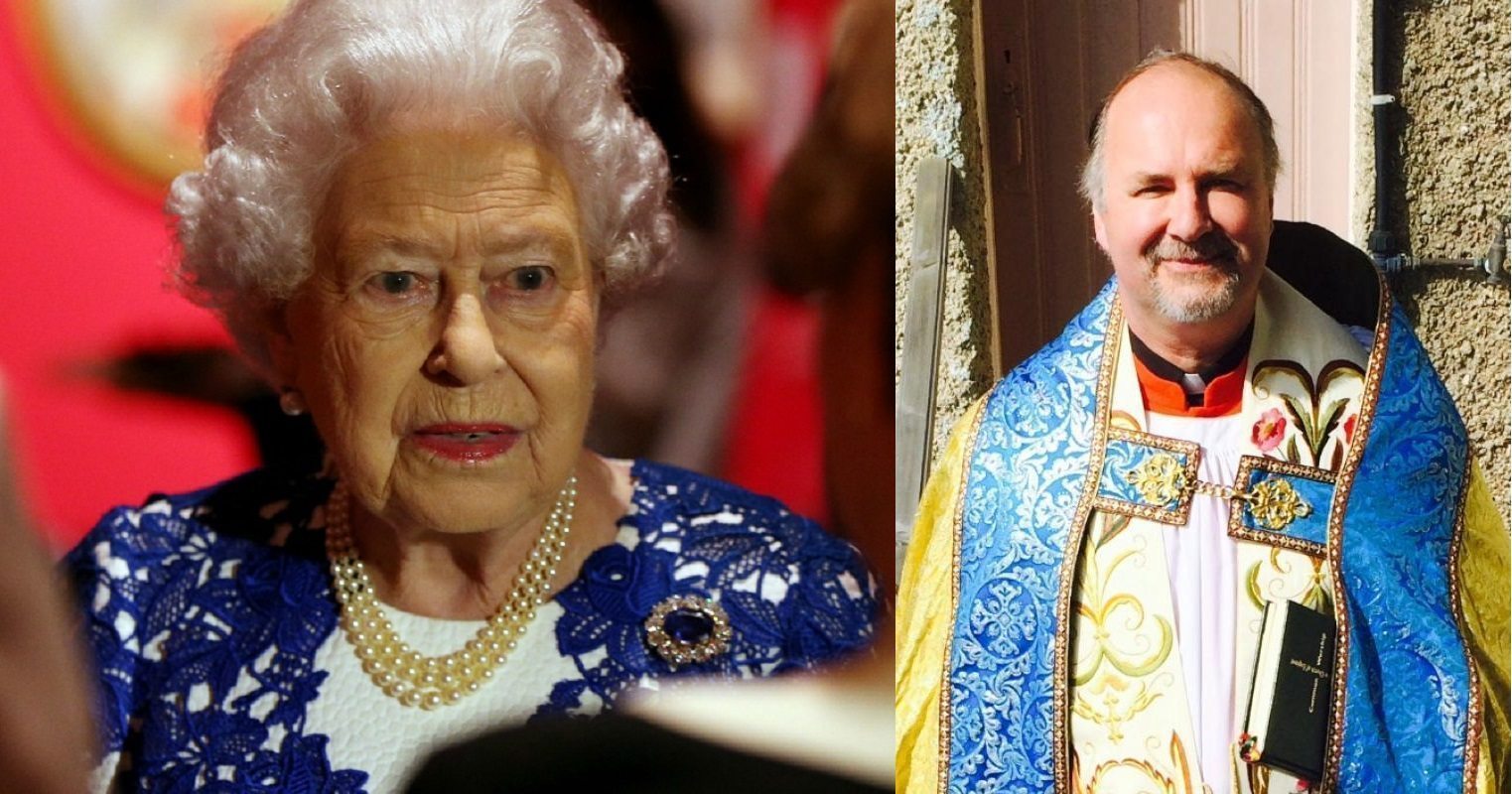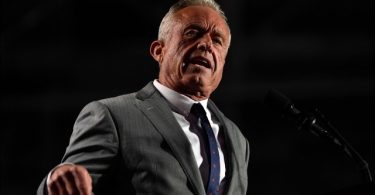A former honorary chaplain to The Queen has encouraged people to pray that Prince George grows up to marry a woman and avoids the “curse of the wicked fairy”.
Rev Gavin Ashenden made the claim after a Scottish episcopal minister suggested that a gay royal wedding would force the Church to become more accepting of LGBT people.
In response, Rev Ashenden – who stormed out of the Church of England earlier this year over its softening stance on gay issues – urged people to pray that Prince George, aged three, would be heterosexual.
Speaking to The Times, he explained: “If you’re going to pray for Prince George, pray for him to be happy… and pray for him to discharge his duty as prince, to be married and have children”.
In a further interview with Christian Today he suggested that “the expectation is he will inherit is to produce a biological heir with a woman he loves”.
Rev Ashenden claimed that gay Glaswegian minister Kelvin Holdsworth had put a “curse” on the young Prince.
He said: “It is the theological equivalent of the curse of the wicked fairy in one of the fairy tales. It is un-Christian as well as being anti-constitutional.
“It is a very long way from being a blessing for Prince George.”
Provost Holdsworth had made his comments in a blog post earlier this year, decrying slow progress on LGBT issues within the Church of England.

He wrote: “If people don’t want to engage in campaigning in this way, they do in England have another unique option, which is to pray in the privacy of their hearts (or in public if they dare) for the Lord to bless Prince George with a love, when he grows up, of a fine young gentleman.
“A royal wedding might sort things out remarkably easily though we might have to wait 25 years for that to happen. Who knows whether that might be sooner than things might work out by other means?”
After tweeting the blog to his 3,000 followers, Provost Holdsworth received hateful replies accusing him of being a paedophile and calling him “sick,” “depraved” and, in one case, “a deluded goat.”
Others, however, said the blog raised “a very valid point,” while one Twitter user called it “absolutely brilliant and inspired”.
Polling earlier this week showed that nearly half of Brits would object to a gay royal wedding.
Ashenden resigned from the Church of England earlier this year and joined the Christian Episcopal Church, which has anti-LGBT teachings.
Quitting the Church, he cited the acceptance of “values that are anti-Christian”.

He said: “[There is] a growing perception that the CofE is so desperate to remain chaplain to a country that is turning its back on Christian ethics, that there comes a point when it fails to be faithful to Christ and in particular his teaching on marriage.
“At that point, and it may already have arrived, there will be a rupture and the orthodox will make arrangements to safeguard the integrity of the Church for the future.”
The former Church official was also among clergy who threatened an Anglican coup if the Church of England moves towards LGBT-inclusivity.
He signed a letter making the threat earlier this year.

It says: “Recent actions in the General Synod in pursuit of a culture that denies Biblical ethics (…) have caused many Anglicans great concern.
“There are times, particularly in the face of social disintegration, when it is the duty of the Church to be counter‑cultural. The failure of the House of Bishops to uphold the teaching of the Bible and of the Universal Church in this area is very disappointing, if not surprising.”
It adds: “Booing of traditionalists and the levels of personal abuse aimed at them during the Synod have only deepened mistrust between the different sides.”

The letter threatened a split within the church, saying: “There are now effectively two opposed expressions of Anglicanism in this country. One has capitulated to secular values, and one continues to hold the faith ‘once delivered to the saints’.”
The letter notes the split in the US and Canada, where a number of parishes severed ties with the Episcopal Church and the Anglican Church of Canada over LGBT-friendly reforms.
The letter says: “We note the results of this same conflict in North America, even as we look for and pray for a similar renewal of orthodox Anglicanism and of Anglican structures in these islands.”







